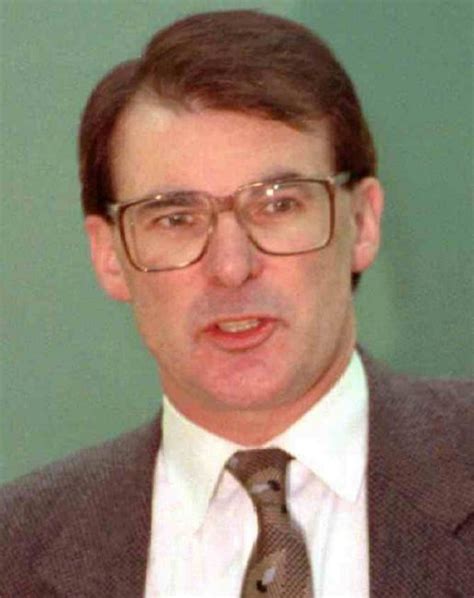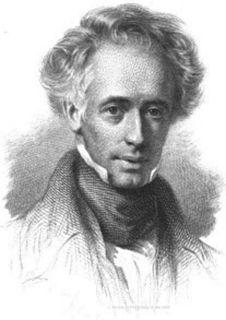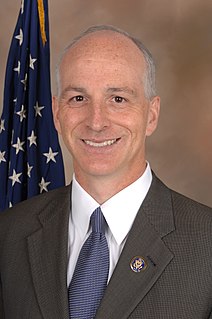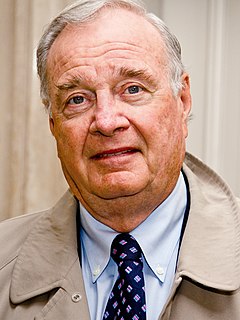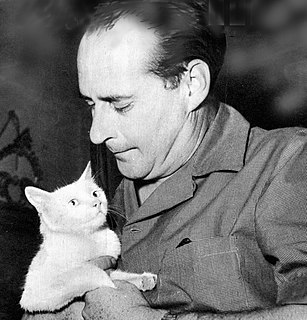A Quote by J. Philippe Rushton
Regardless of the extent to which the media promote "politically correct," but scientifically wrong, resolutions from professional societies such as the American Anthropological Association, facts remain facts and require appropriate scientific, not political or ideological, explanation. None of this should be construed as meaning that environmental factors play no part in individual and group differences. But with each passing year and each new study, the evidence for the genetic contribution to these differences becomes more firmly established than ever.
Quote Topics
American
Appropriate
Association
Becomes
Contribution
Correct
Differences
Each
Environmental
Environmental Factors
Established
Ever
Evidence
Explanation
Extent
Factors
Facts
Firmly
Genetic
Group
Ideological
Individual
Meaning
Media
More
New
None
Part
Passing
Play
Political
Politically
Politically Correct
Professional
Promote
Regardless
Remain
Require
Resolutions
Scientific
Should
Societies
Study
Than
Which
Wrong
Year
Related Quotes
Facts are neutral until human beings add their own meaning to those facts. People make their decisions based on what the facts mean to them, not on the facts themselves. The meaning they add to facts depends on their current story … facts are not terribly useful to influencing others. People don’t need new facts—they need a new story.
Many people have trouble sticking to their resolutions, and there is a simple scientific explanation for this. In 1987, a team of psychologists conducted a study in which they monitored the New Year's resolutions of 275 people. After one week the psychologists found that 92 percent of the people were keeping their resolutions; after two weeks we have no idea what happened because the psychologists had quit monitoring.
I firmly believe that the method which sets theological theories against scientifically ascertained facts, is fatal to the current theology and injurious to the spirit of religion; and that the method which frankly recognizes the facts of life, and appreciates the spirit of the scientists whose patient and assiduous endeavor has brought those facts to light, will commend the spirit of religion to the new generation, and will benefit--not impair--theology as a science, by compelling its reconstruction.
Free societies, which allow differences to speak and be heard, and live by intermarriage, commerce, and free migration, and democratic societies, which convert enemies into adversaries and reconcile differences without resort to violence, are societies in which the genocidal temptation is unlikely and even inconceivable.
They are men and women who tend to believe that the human being is perfectible and social progress predictable, and that the instrument for effecting the two is reason; that truths are transitory and empirically determined; that equality is desirable and attainable through the action of state power; that social and individual differences, if they are not rational, are objectionable, and should be scientifically eliminated; that all people and societies strive to organize themselves upon a rationalist and scientific paradigm.
It is important to understand that there are two separate battles taking place in Iraq: there is the political rift between the Sunnis, Shia and the Kurds and there is a foreign extremist group - ISIS - trying to take advantage of the political environment through violence. If the Iraqis can resolve their political differences, it will be far more difficult for ISIS to thrive. Moving forward, we should continue to evaluate additional steps to help combat ISIS as we see what the Iraqis are willing to do politically, but we must also firmly guard against mission creep.
Dialectical logic undoes the abstractions of formal logic and of transcendental philosophy, but it also denies the concreteness of immediate experience. To the extent to which this experience comes to rest with the things as they appear and happen to be, it is a limited and even false experience. It attains its truth if it has freed itself from the deceptive objectivity which conceals the factors behind the facts - that is, if it understands its world as a historical universe, in which the established facts are the work of the historical practice of man.
Each member of society can have only a small fraction of the knowledge possessed by all, and...each is therefore ignorant of most of the facts on which the working of society rests...civilization rests on the fact that we all benefit from knowledge which we do not possess. And one of the ways in which civilization helps us to overcome that limitation on the extent of individual knowledge is by conquering intelligence, not by the acquisition of more knowledge, but by the utilization of knowledge which is and which remains widely dispersed among individuals.
Ever since ROME, OPEN CITY, I have maintained a conscious, determined endeavor to try to understand the world in which I live, in a spirit of humility and respect for the facts and for history. What as the meaning of ROME, OPEN CITY? We were emerging from the tragedy of the war. We had all taken part in it, for we were all its victims. I sought only to picture the essence of things. I had absolutely no interest in telling a romanticized tale along the usual lives of film drama. The actual facts were each more dramatic than any screen cliche.
The evidence here, as elsewhere, suggests that education is certainly relevant, but more because better education is associated with general differences in patterns of life than because discrete parts of a lifestyle can be changed. Health-change policies which focus entirely on the individual may be ineffective not only because exposure to health risks is largely involuntary, but also, as this study has shown, because of unwarranted assumptions about the extent to which behaviour can, in these circumstances, be effective in improving health.
